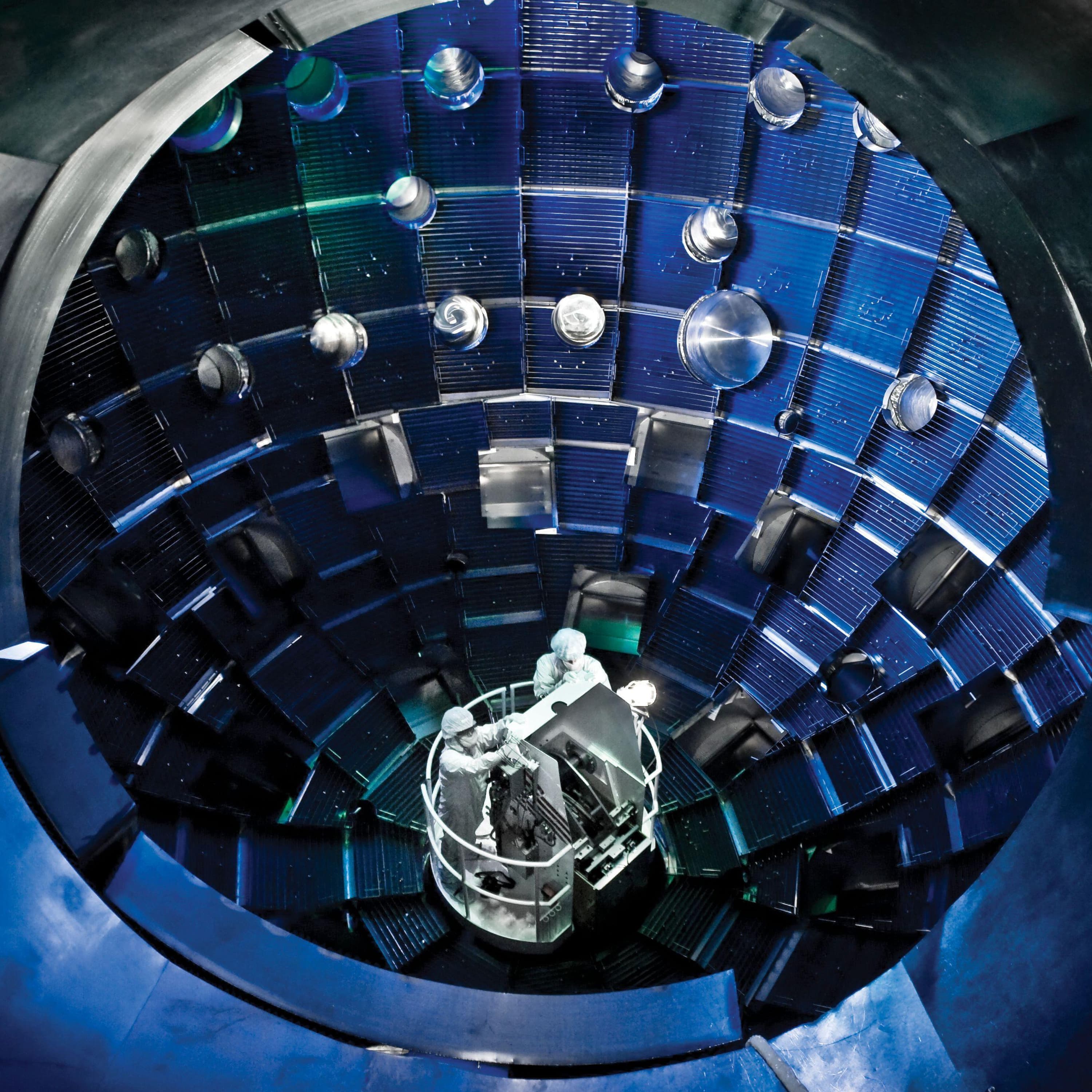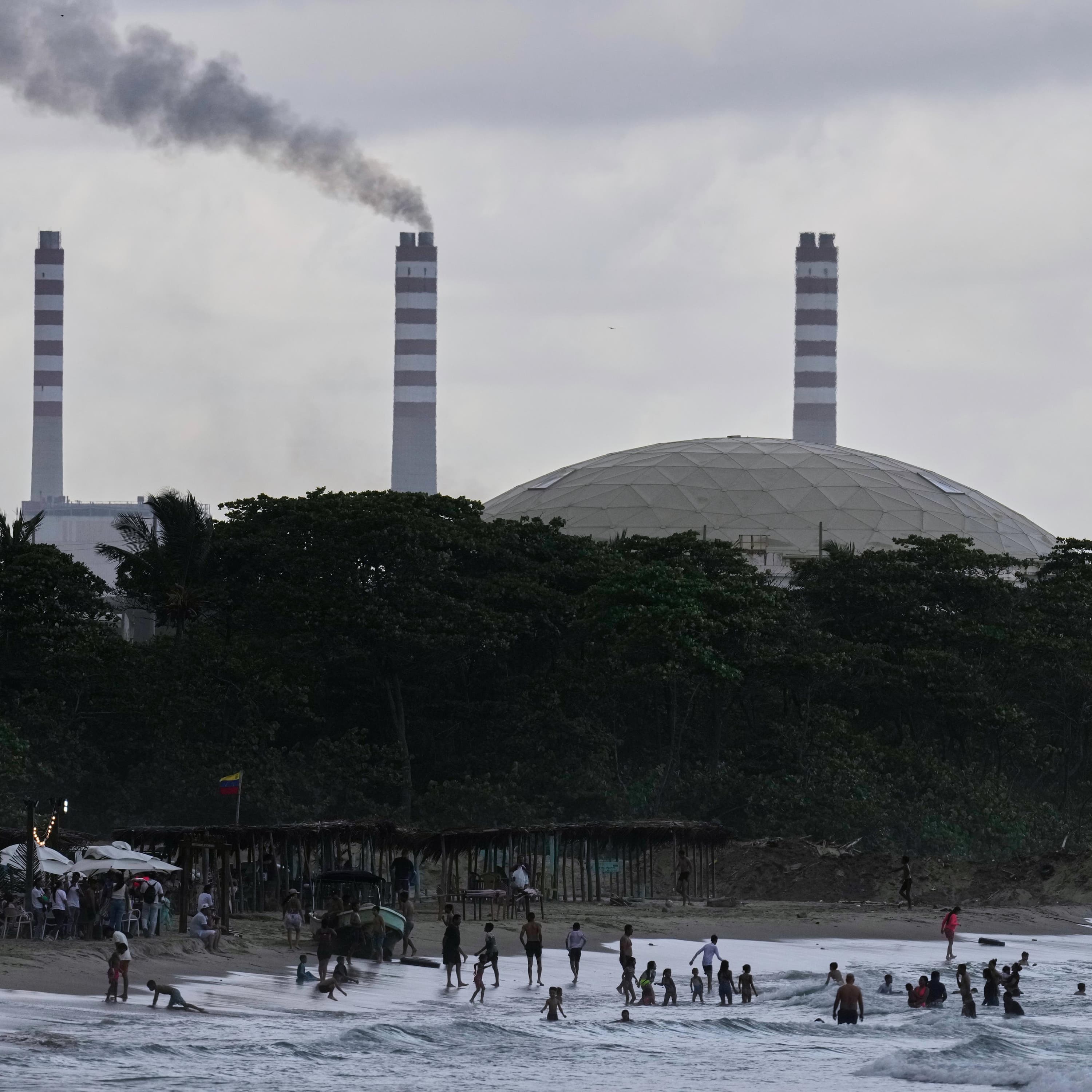
Canadian lake could mark the start of new geological epoch
Loading player...
Plutonium from nuclear weapons, industrial waste, and human activity more broadly have left such a mark on the Earth that a new epoch called the Anthropocene has been proposed. Scientists are debating the specific geological site to define this epoch, with the frontrunner being an unassuming lake in Canada: Crawford Lake. What is it about this spot that holds the secrets to this period of history? From hydrogen bombs to hens’ bones, how do we define the Anthropocene, the beginning of the human era on Earth? Ian Sample asks Damian Carrington. Help support our independent journalism at theguardian.com/sciencepod





